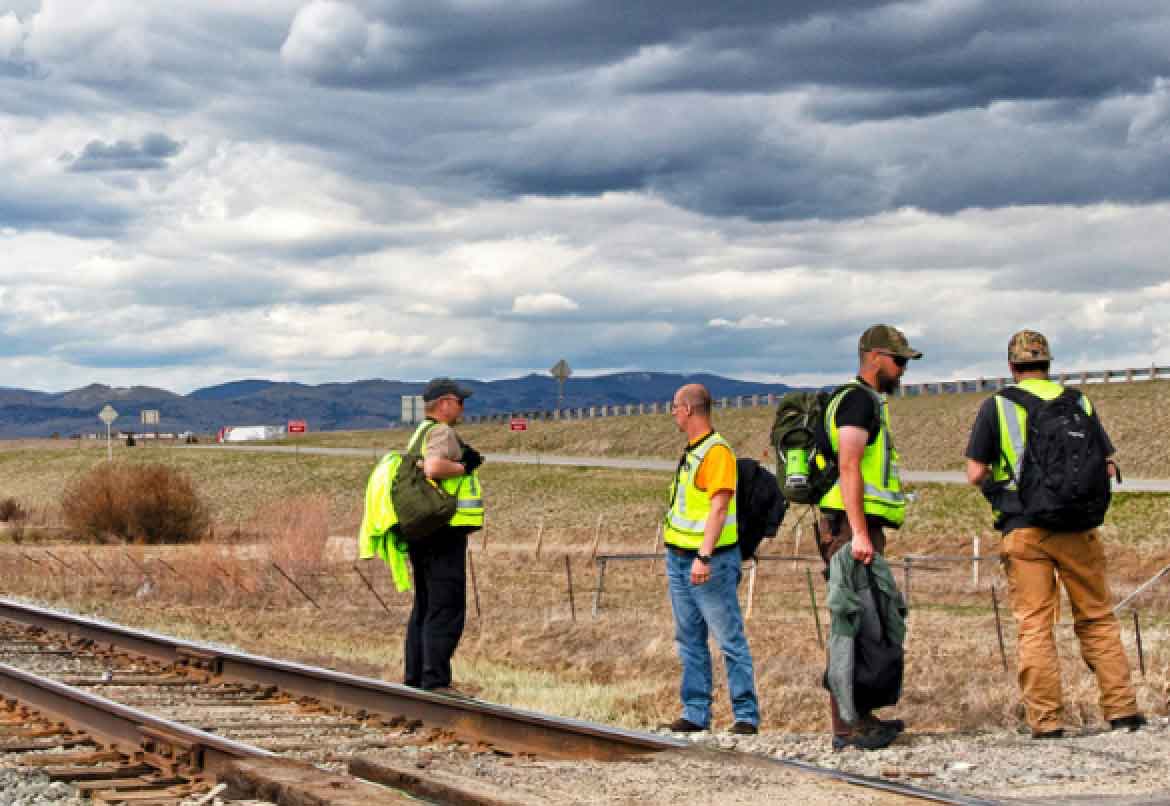UNIONS-CURRENT-IMPORTANCE

Railroad unions continue to hold significant importance in the United States today. Here are some key reasons highlighting their relevance:
- Collective Bargaining: Railroad unions negotiate collective bargaining agreements with railroad companies on behalf of their members. These agreements determine wages, benefits, working conditions, and other employment terms. Unions provide a platform for workers to collectively bargain, ensuring fair compensation and improved working conditions.
- Worker Protection: Unions protect the rights and interests of railroad workers. They advocate for safe working environments, enforce labor laws, and address grievances or disputes between employees and management. Unions play a crucial role in ensuring that workers are treated fairly, promoting workplace equity, and safeguarding against unfair labor practices.
- Safety Advocacy: Railroad unions prioritize safety standards and regulations within the industry. They work collaboratively with railroad companies to establish and enforce safety protocols, preventing accidents, and protecting the well-being of workers and the general public.
- Political Advocacy: Railroad unions engage in political advocacy to influence legislation and policies that impact the industry and the rights of workers. They work to ensure favorable labor laws, secure funding for rail infrastructure projects, and promote the interests of railroad workers in the political sphere. Unions also endorse and support political candidates who champion labor issues.
- Economic Impact: The collective bargaining power of railroad unions helps secure fair wages and benefits for their members. This contributes to the economic well-being of railroad workers, enabling them to support themselves and their families. Increased wages and benefits also stimulate local economies as workers have more disposable income to spend on goods and services.
- Solidarity and Support: Unions foster a sense of solidarity and provide support networks for railroad workers. Unions play a vital role in building a sense of community and unity among railroad workers.
In summary, railroad unions are essential in the United States today as they negotiate fair employment terms, advocate for worker rights, prioritize safety, support skill development, engage in political advocacy, contribute to economic stability, and foster a sense of solidarity among railroad workers. Their presence ensures that workers have a collective voice and are protected in an industry critical to the nation’s transportation infrastructure.
